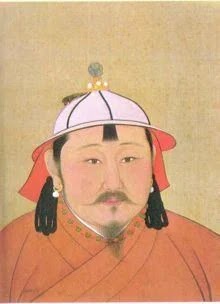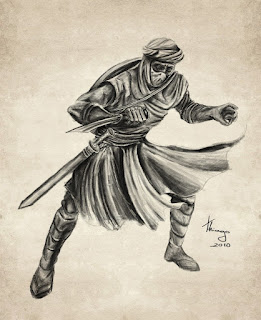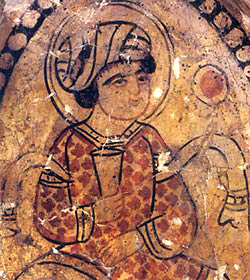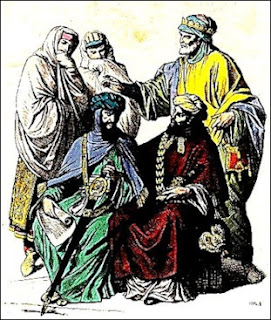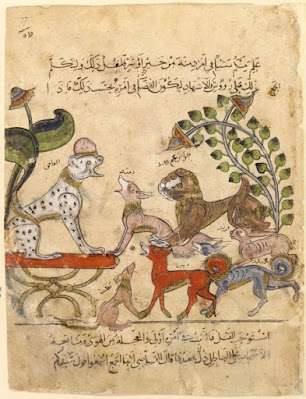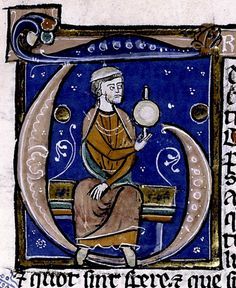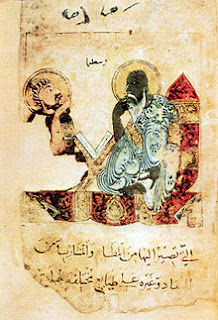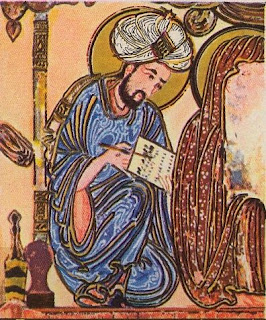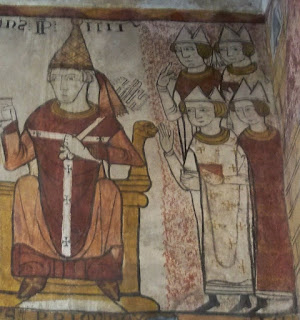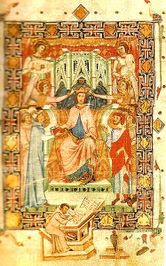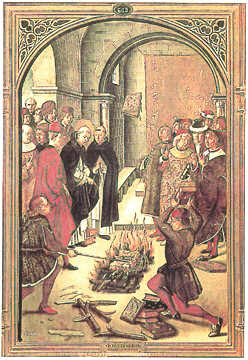After the leader of the Mongol Empire, Ogedei Khan, died in December 1241, there was disagreement over which of Genghis' descendants was fit to rule. After a five-year regency by Ogedei's widow, Toregene, Ogedei's oldest son Guyuk was chosen.
But Guyuk was not a popular choice for everyone; he reversed several edicts from his mother's time as ruler, and executed for treason several of her high-ranking officials. In 1246, he ordered an empire-wide census, after which he imposed a tax on everything, and a poll tax on males in Georgia and Armenia. His reign lasted only 2 years, and there is suspicion that he was poisoned on the eve of his plan to attack the western part of his own empire who had not supported his ascension to the throne.
Möngke came to the throne after some similar familial rivalry, but the clan of Genghis' eldest son, Batu, supported Möngke. They were the clan in the west whom Guyuk had planned to attack. Möngke's mother had done them a favor by warning them of Guyuk's scheme.
The new Khan purged his empire of those who might have been more loyal to previous administrations. The most prominent execution was that of Guyuk's wife, Oghul Qaimish, who had been regent between Guyuk's death and Möngke's accession: she was wrapped in felt and thrown into the river. Others across the empire deemed not suitably loyal or trustworthy due to their connection to different descendants of Genghis who might feel their claim to the throne was stronger, were punished by having hands and feet cut off, or having their mouths filled with stones, or simply being trampled by horses.
Relations with Batu and his tribe remained good, however. And he placed his loyal brothers in charge of parts of the empire: Hulegu in Iran and Kublai (yes, that Kublai in northern China.
We know more about Möngke's reign thanks to the Itinerarium of a Franciscan monk, William Rubruck, about whom I've written here. And you can learn more about Möngke's reign in previous posts here and here, and of course about Kublai, and even more about Guyuk. I have not written in the past about Toregene, whose years ruling the empire were not just a place-holder until a male came along. I'll talk about her next.
